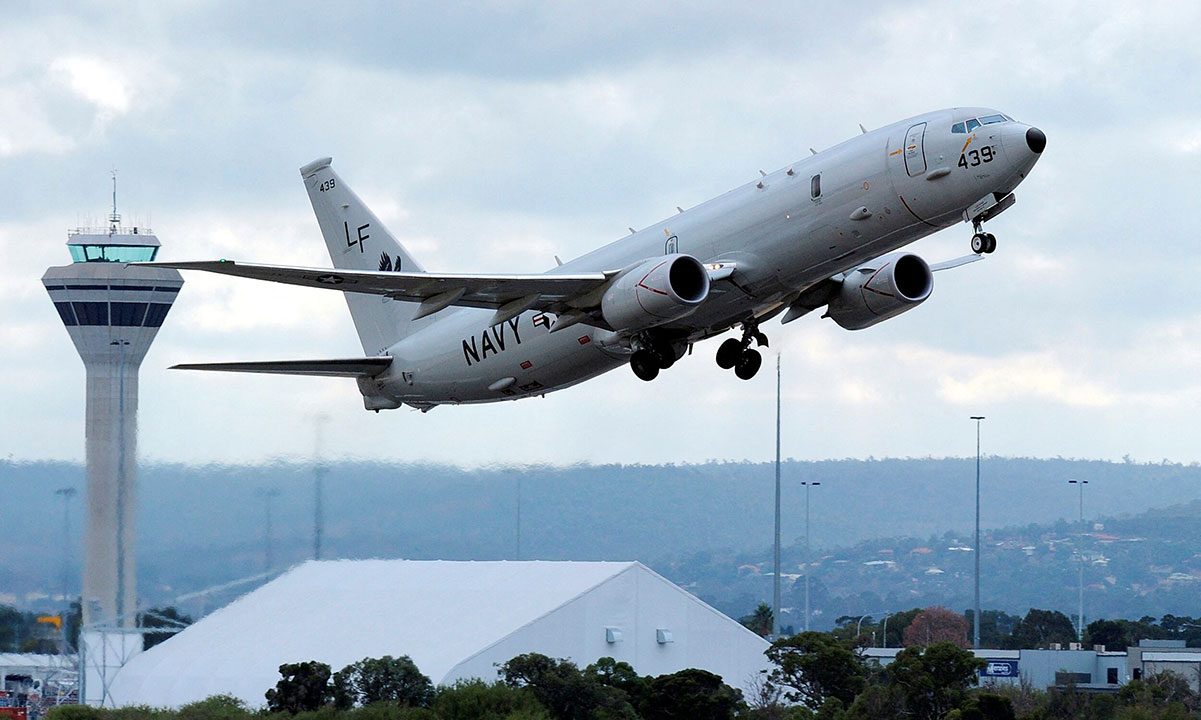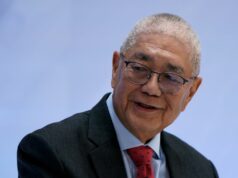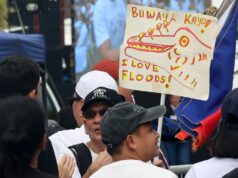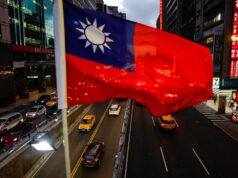Australia to boost aerial surveillance of Pacific for illegal fishing fleets

SYDNEY — Australia plans to significantly boost surveillance of Pacific Islands territorial waters, spending A$477 million ($310.72 million) on aerial patrols for illegal fishing fleets, tender documents viewed by Reuters show, as China takes steps towards sending its coast guard to the region.
Australia’s Prime Minister Anthony Albanese visited Fiji on Friday to discuss regional security, after the government of Prime Minister Sitiveni Rabuka approved a maritime security agreement that will see Australia fund a patrol boat for Fiji.
Australia will fund commercial aerial patrols to support Pacific Island countries monitoring exclusive economic zones which span millions of kilometers of ocean, the documents show.
Australia was in a “permanent contest” in the Pacific, Foreign Minister Penny Wong said.
“The maritime domain is an important part of ensuring a stable and secure region in which sovereignty is respected,” she told reporters in Adelaide, when asked about the Reuters report.
“These countries, they have very large maritime zones, but sometimes very small islands, so making sure that the maritime domain is … used in a way that complies with international law and international norms, that goes to sovereignty.”
Reuters reported last week that China’s coast guard is taking further steps towards high seas boarding of fishing boats in the Pacific for the first time, risking tensions with Taiwanese fleets that also ply the region.
The Chinese Coast Guard demonstrated the capabilities of one of its largest ships, used to enforce maritime law in the Taiwan Strait, to 10 Pacific Island ministers, including Fiji’s, in China a fortnight ago.
China has registered 26 coast guard vessels for Pacific Ocean patrols with the Western and Central Pacific Fisheries Commission (WCPFC), although it is yet to conduct an inspection, WCPFC officials said. China declined to comment.
Australia has gifted two dozen patrol boats to Pacific Island nations, and operates navy and air force patrols for illegal fishing in the region several times a year.
Sangaa Clark, chief executive of the Parties to the Nauru Agreement, representing nine Pacific Island countries controlling the world’s largest tuna fishery that contributes half of the tuna canned globally, said the group has not invited China to conduct coast guard patrols, and instead relied on Australian-funded surveillance and patrols by Australia, New Zealand, France and the US.
In several Pacific Island countries, China is a major fisheries partner.
Pacific security expert Peter Connolly, a fellow at the University of New South Wales, said Chinese Coast Guard patrols in the region would “introduce geostrategic tensions to the policing of the Pacific’s fisheries.”
“This is particularly likely because the two most common nationalities of illegal fishermen in the Pacific have been from the PRC and from Taiwan,” he said, referring to the People’s Republic of China. — Reuters



